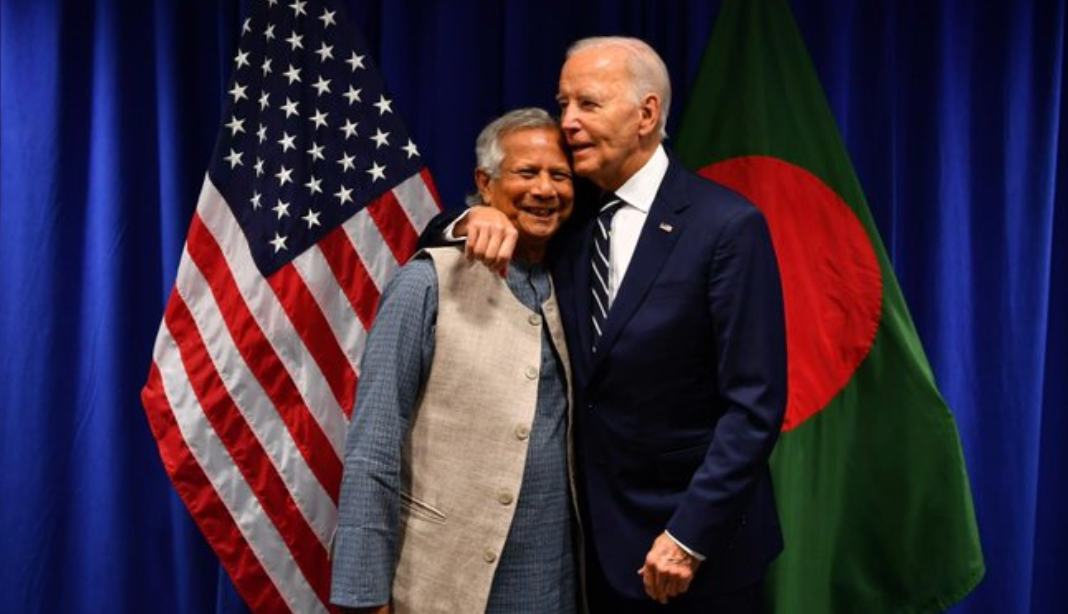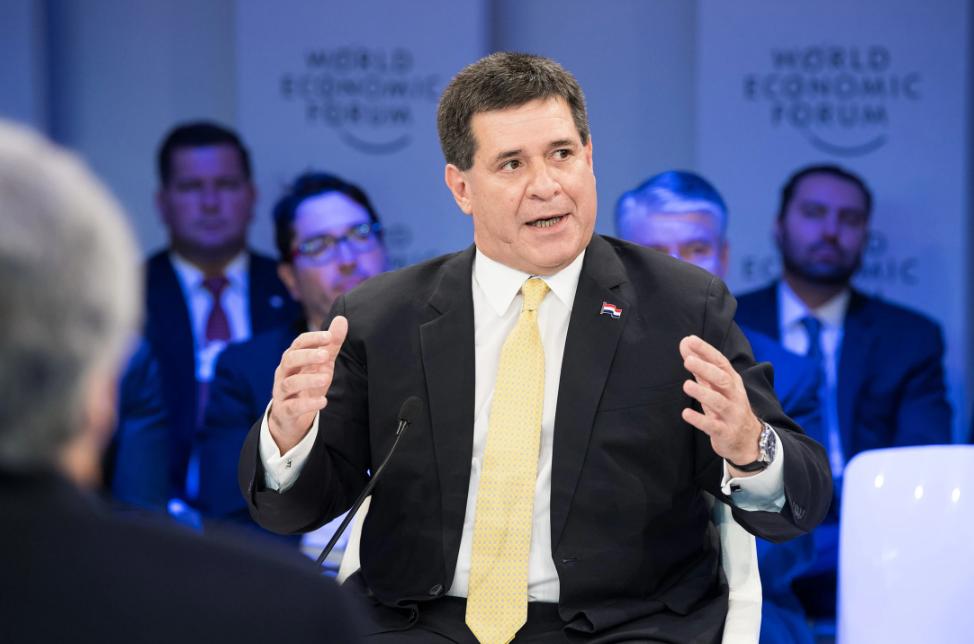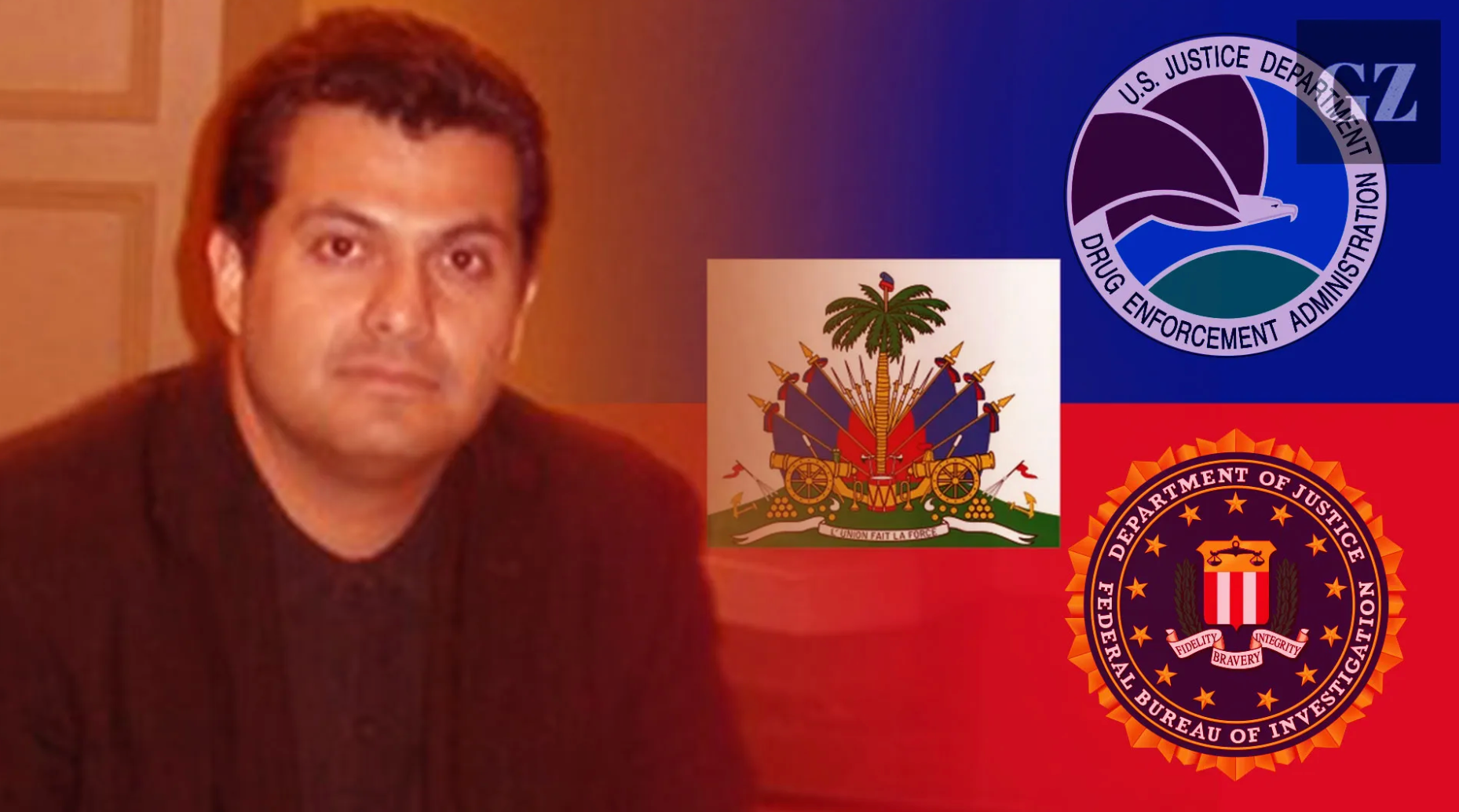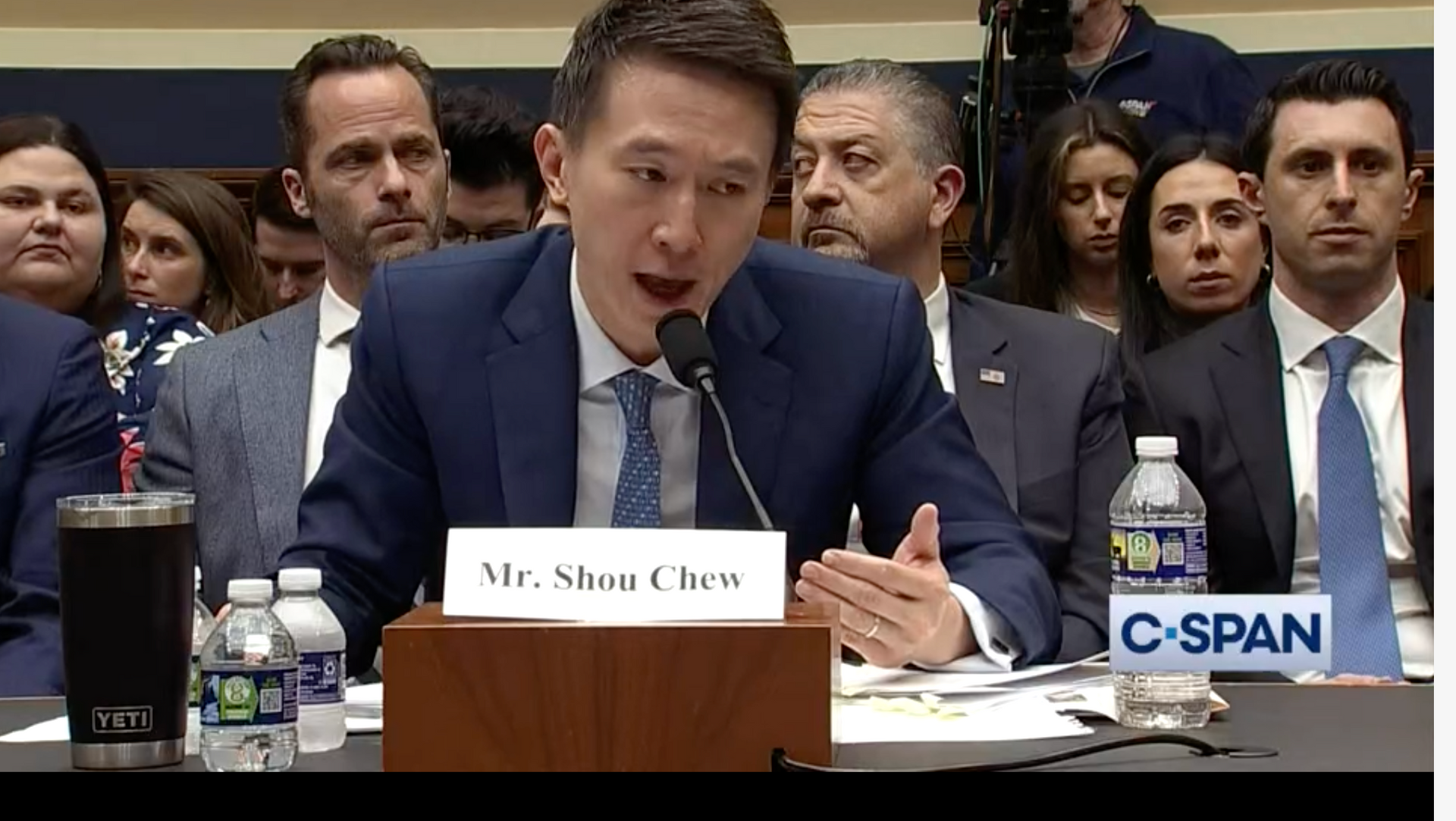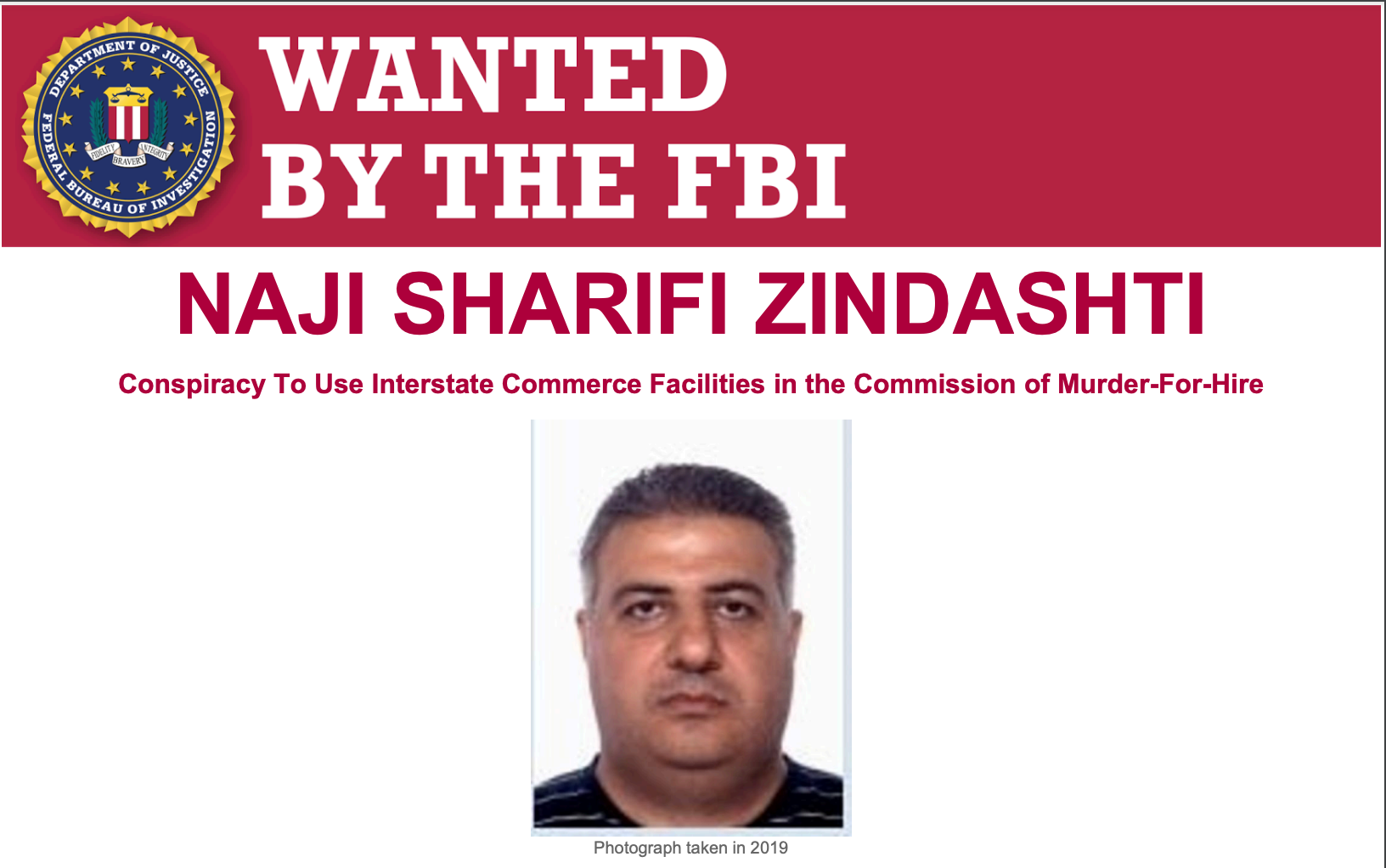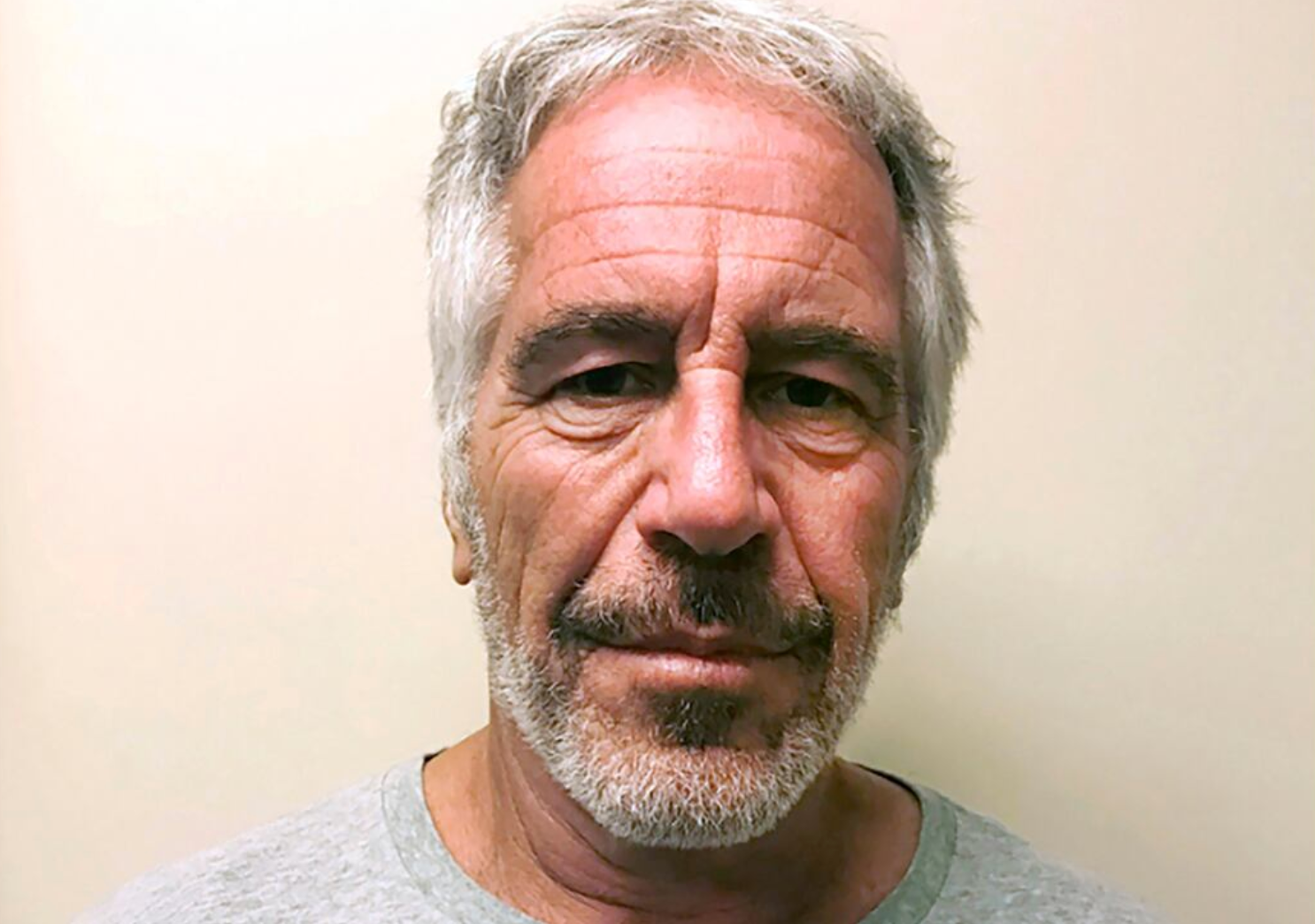Legalized Corruption Fueled the Death of Internet Privacy: The Problem is Worse at the State Level
April 6, 2017
Follow the Money to See How Our Elected Leaders Sold Out to Corporate Interests
(Published on Blacklisted News on April 6, 2017)
In general, Internet privacy is a bipartisan issue among the American people. However, this was a partisan issue on Capitol Hill with Republican lawmakers supporting the bill. It was passed in the Senate and House by a very narrow margin, 50 to 48 and 215 to 205 respectively. With that said, there were 15 House Republicans who voted outside of their party lines to keep Internet privacy intact.
As you may have guessed, those 15 House Republicans received far less campaign money from the telecoms (AT&T, Comcast, etc.), which stand to benefit from selling your Internet history. A report by the non-profit organization, Center for Responsive Politics, showed that they received an average of $77,000 in contributions. Conversely, the other House Republicans received an average of $138,000. In other words, it appears that the telecoms executed an effective strategy for buying the necessary number of votes.
The telecom industry has donated nearly $564,000 to Rep. Marsha Blackburn (R-TN), the author of this bill, over the course of eight terms in the House of Representatives. It’s possible that she will be voted out of office next term, but that’s unlikely. Then again, she is only one member of Congress and her removal will not solve the core issue of legalized corruption, which is a systemic problem. Even if Blackburn were to be voted out of office, she would likely be rewarded with a more lucrative career as a corporate lobbyist.
AT&T, Comcast, and Verizon spent a combined $40.78 million in lobbying expenses last year. That helped to fund a trade group with a “doublespeak” name, the 21st Century Privacy Coalition. A total of 308 corporate lobbyists worked on behalf of these companies and 225 of them are part of the revolving door between government and the private sector. Of those 225 former government officials, ten of them are former members of Congress:
Don Nickles (R-OK)
Ron Klink (D-PA)
Blanche Lincoln (D-AR)
Jim McCrery (R-LA)
Vic Fazio (D-CA)
John Breaux (D-LA)
Trent Lott (R-MS)
Bob Livingston (R-LA)
Steven D Symms (R-ID)
Jack Fields (R-TX)
We need stronger rules in place to block politicians from becoming part of this revolving door. Otherwise, our elected officials have a powerful incentive to do the bidding of various special interest groups, not the public interest. As of now, U.S. Senators can’t lobby their former colleagues for two years after leaving office and former U.S. Representatives have a one-year delay. This “cooling-off period” is a bare minimum regulation because it doesn’t block the revolving door; it only slows down the process.
Unfortunately, this problem is worse at the state level. Wisconsin is one of the sixteen states that allow politicians to become paid lobbyists immediately after leaving office. Jay Heck, the director of a non-profit group Common Cause Wisconsin, has been trying for two decades to persuade his state’s lawmakers to make a change. He told The Washington Times that many lawmakers haven’t bothered to hide their self-interest when objecting to Heck’s proposal. He’s heard, “Well, what else would we do.”
On the bright side, Wisconsin has a pending bill that would mandate a one-year cooling-off period. However, this is essentially the same bill from 2013 that didn’t receive a hearing. There was a hearing for the bill in 2015, but it was never put up for a vote.
There seems to be more bipartisan backing this time around, but one key player has yet to support this proposal -- Scott Fitzgerald, Wisconsin’s Senate Majority Leader. After all, he’s more than familiar with this subject. His brother, Jeff, is the former Speaker of the Assembly who became a corporate lobbyist two days after leaving office in 2013.
Michigan also doesn’t have a mandatory cooling-off period. An excellent article by Petoskey News-Review, a local newspaper of Northern Michigan, pointed to two former State Representatives who tried to establish a mandatory waiting period. Unfortunately, neither bill received enough votes to become law, but there was an ironic twist to this article. Both co-sponsors of the bill, Lesia Liss and Paul Opsommer, began working as lobbyists, three months and five months respectively after they left office.
Making matters worse, there are glaring conflicts of interest related to their revolving door exits. While in office, Opsommer adamantly obstructed a public works project that was opposed by his current employer. Likewise, Liss once served on a health care committee that she now lobbies for an insurance company.
Again, a 1 or 2-year cooling-off period is a fairly minor restriction. As a matter of fact, it can be a mere formality in some cases; there are ways around these restrictions. (This was covered in more detail in my article from two weeks ago, “Revolving door lobbyists are exploiting the rules.”)
For example, a prominent former member of the New York State Assembly, Keith Wright, joined a powerful law and lobbying group this January, two days after his term ended. State law bars him from lobbying his former colleagues in the Senate or Assembly for two years. However, a blog, State of Politics, astutely pointed out that Wright can immediately lobby the Governor’s office without violating any rules.
Likewise, an influential former North Carolina State Senator, Tom Apodaca, began working with his former colleagues in January as a lobbyist. Oddly enough, Apodaca, who was the Chairman of the Senate Rules Committee, wouldn’t be in his current place without skirting the rules. By resigning before his term expired, he avoided the state’s mandatory six-month cooling-off period. He’s now representing companies, such as Blue Cross Blue Shield, which helped finance his campaigns.
In fairness, Tom Apodaca didn’t create this loophole to avoid the cooling-off period; it was the State Ethics Committee. But, bear in mind, that’s the same Ethics Committee that infamously ruled that sex between lobbyists and officials didn’t need to be disclosed because these relationships are not “reportable expenditures made for lobbying.”
By the way, that name, Tom Apodaca, may sound familiar to you. He has made national headlines in the past with another story that demonstrated how money clearly corrupts politics. Notably, Apodaca sponsored an “anti-Tesla” bill in 2013 after receiving the maximum donation ($8,000) from the North Carolina Auto Dealers Association. That law required car buyers to make their purchase through an auto dealership, not online, which nullified Tesla’s business model.
All in all, efforts need to be made for systemic changes at the state and federal level to prevent special interest groups from gaining undue influence. In an ideal world, there would be a lifetime ban on lobbying for former members of Congress. However, a compromise bill with a much lengthier waiting period could become reality if there was enough popular support. The problem is that the general public isn’t widely aware of the corrupting influence from the revolving door.
This is one of multiple reforms that need to be made to improve the integrity of our political system. Otherwise, we’ll continue to see more bills, such as the one that was signed into law this Monday, which established a market for purchasing everyone’s browsing history. That’s much like the way in which our elected officials can be legally purchased by the highest bidder.
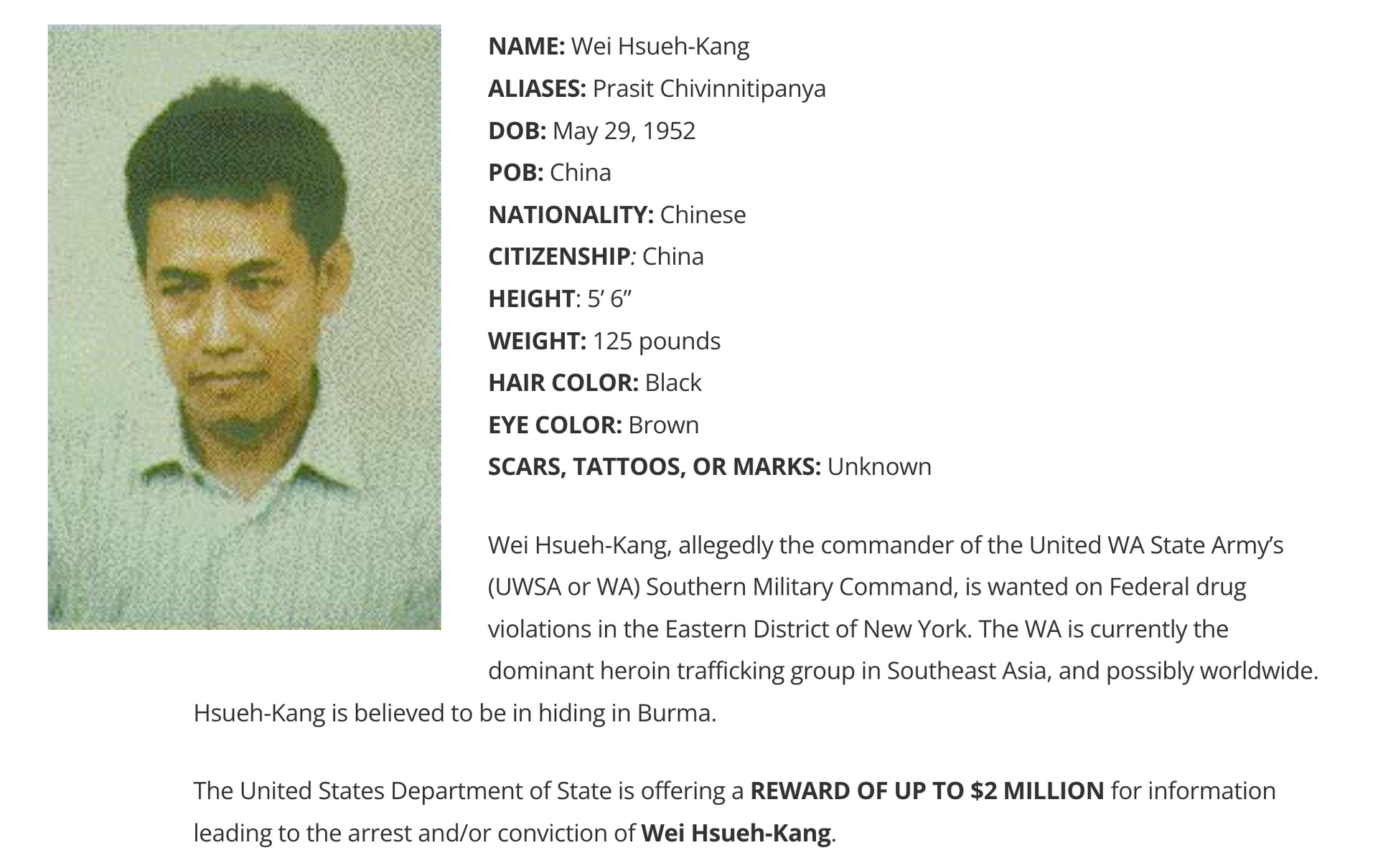
For the last two decades, while U.S. forces occupied the country, Afghanistan has been the epicenter of the world’s opium production with roughly 90% of global supply. After American troops withdrew from the country, and with the Taliban in charge, Afghan opium production drastically declined. There were an estimated 6,200 tons produced in 2022, as opposed to 333 tons in 2023, according to the United Nations Office on Drugs and Crime (UNODC). That may surprise some readers as the Taliban have been credibly linked with the heroin trade. The UNODC estimated in 2009 that the Taliban generated $155 million per year from Afghan opium. They weren’t traffickers but they forced traffickers and farmers to pay a “tax” in their territories. Even though those were handsome profits, the Taliban were relatively a minor part of a massive black market worth then roughly $3 billion annually. History shows that the Taliban’s policy on opium has shifted from time to time depending upon their circumstances. An opium ban in Afghanistan seems to fall in line with the Taliban’s tyrannical fundamentalist Islamic modus operandi. However, it also benefits those in power. Several Afghan warlords derive much of their authority as a result from black market profits. Hence, whoever controls the opium trade, or lack thereof, in Afghanistan holds all the cards in a country where the average annual income is 378 US dollars. After the Taliban gained control of Afghanistan in 1996, they struggled to find international recognition. Therefore, the Taliban killed two birds with one stone when its former leader, Mullah Omar, issued an opium ban in July of 2000. That edict was beyond effective. According to UNODC estimates, Afghan opium production dropped from 3,276 tons in 2000 to 185 tons in 2001. The U.S. State Department even approved $43 million of humanitarian assistance for the Afghanistan government just months before 9/11 due to its strong counternarcotics efforts. After 9/11, the Taliban’s power decreased but didn’t cease. America installed a deeply corrupt transitional government. In turn, opium production escalated exponentially. America sided with militias entrenched in the opium trade who opposed the Taliban, such as the Northern Alliance. But, the Western media has only reported in drips and drabs about the U.S.-allied politicians/warlords who have been far more prominently involved in heroin trafficking. The corruption ran to the top. There are too many flagrant examples to list concisely, but notably, a man carrying 183 kilos of heroin was released by the police because he was carrying a signed letter of protection from Afghanistan’s drug czar, General Mohammad Daud Daud. Wikileaks revealed that former President Hamid Karzai once pardoned five police officers who were captured with 124 kilos of heroin. Even Hamid Karzai’s half-brother, Ahmed Wali Karzai, was a known drug smuggler who had been on the CIA payroll for years. Practically the entire Karzai administration was on the CIA’s payroll all while the agency knew these officials were drowning in drug money.

